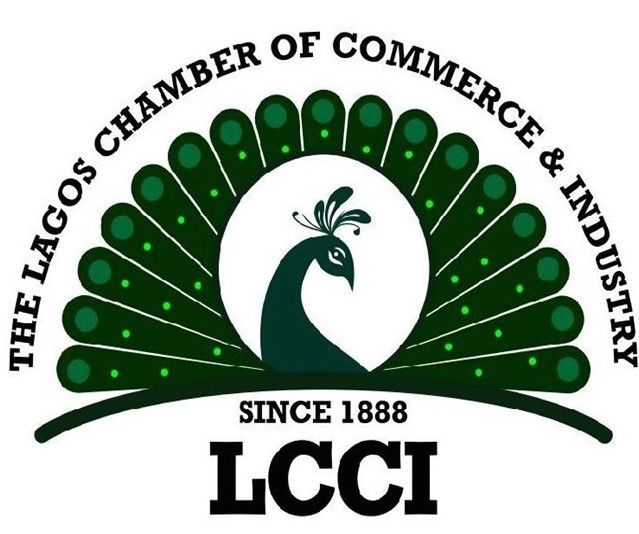…advises Tinubu to open discussions with Trump on tarif
As President Donald Trump prepares to slam an extra 10 per cent tariff on Nigeria due to its alignment with BRICS, the Lagos Chamber of Commerce and Industry (LCCI) has advised President Bola Tinubu to adopt a multi-pronged policy response that safeguards its national interest, asserts its development priorities, while avoiding being caught in great power rivalries.
The LCCI recommends that the government should engage in dialogue with the US to discuss concerns and reaffirm Nigeria’s strategic importance as a West African leader and key partner.
Similarly, the LCCI emphasized that in the face of continued tariff crises and uncertainty, Nigeria must pay more attention to seriously supporting non-oil exports to more favourable destinations as the country recalibrates her trade partnerships.
It added that with about 3000 products now permitted to enter the United Kingdom at very favourable terms in a new policy shift, and just as the US continues to announce more tariffs on Nigerian exports to the USA, it was time to support targeted exporters to increase foreign earnings.
The President/Chairman of Council, LCCI, Mr. Gabriel Idahosa, made this known in his address on the State of the Economy in Lagos yesterday.
According to him, the negotiation should focus on sector-specific exemptions from the tariff, emphasizing non-oil sector exports.
Idahosa explained that in the second quarter of 2025, the global economy was weakened by US tariffs, trade tensions, geopolitical unrest, and uncertainty.
He said: “Nigeria must pursue a non-aligned, interest-driven foreign policy by positioning BRICS membership as a vehicle for economic cooperation and not political alignment.
Also, emphasis should be on Nigeria’s sovereign right to pursue partnerships that address its development needs, especially in areas like infrastructure, energy transition, and digital inclusion.
“The Chamber recommends that Nigeria strengthen regional and South-South trade by expanding trade within ECOWAS and AfCFTA, reducing overdependence on Western markets.
“We should also negotiate preferential trade terms within BRICS (especially with China, India, and Brazil) to offset losses from U.S. tariffs. “We urge the federal government to deliberately implement a strategic trade diversification plan.
Accelerate reforms to improve the business environment, attract non-aligned investors, and incentivize local industries most affected by US tariffs to find alternative markets.”
With escalating tariff wars between the United States and the European Union, and the US and BRICS member countries and partners, the LCCItries and partners, the LCCI president predicted that global trade is expected to reach an all-time low, resulting in disruption of supply chains, economic slowdown risks amid fragile growth in the EU on the back of expected retaliatory tariffs and investment climate uncertainties.
“In the light of recent global trade and geopolitical dynamics, we call on the Federal Government to reconsider its foreign policy mix to ensure Nigeria is not left behind in global affairs, and as it affects international trade.
“In our recent alignment with the BRICS, we must wisely choose our trade partners and global alignments to avoid any consequences that can negatively affect our worldwide reputation and pursuits,” he added.















